Rowan Williams tried to sort out the mess in the Anglican Communion by reconciling opposing views, reaching a synthesis of the two which all parties could go along with. It was a dismal failure for the same reason that asking people to accept the truth of 1+1=3, the middle ground between 1+1=2 and 1+1=4, fails: the answer is wrong.
Justin Welby didn’t fall into the same trap; he devised a new one, one that conservatives will fall into. He is attempting to reconcile people, not ideas: an ecclesiastical version of “I’m OK, You’re OK”, one of the sillier notions to be excreted by the 1970s self-help merchants. The Welby version has Good Disagreement as its primary incantation. It is still a trap. This time for conservatives who, Welby hopes, will put on, not the breastplate of righteousness, but the façade of friendship, the rictus grin of rapport while liberals have their way and hapless conservatives are, in sequence, outmaneuvered, bamboozled and ignored.
To this end, Canadian bishops have been meeting in Africa to reconcile with African bishops who may, and probably do, have different views on what constitutes a marriage. The Canadian bishops are undoubtedly experts in creating situations which beg for reconciliation. They spent the first part of the current millennium, ejecting congregations in order to seize their buildings, bank accounts and rectories with a studied vindictiveness that would have been the envy of Soviet era anti-Christian apparatchiks.
Yet, to date, there have been no attempts to reconcile: it all goes to show how much easier it is to pretend to get along with people at a distance than it is to pretend to get along with those who are close to home.
It could be argued that the Anglican Church of Canada is eager to reconcile with aboriginals who were mistreated in residential schools. I think, though, that the conspicuously frenzied self-flagellation over the residential school scandal has more to do with a rejection of Western culture, Christendom and, ultimately, Christianity than it does with true reconciliation.
The article below, conveniently accessible on the Internet, describes the Canadian bishops’ latest efforts to reconcile with their African brothers; as Michael Bird perceptively notes towards the end, “There is so much misinformation on the internet”.
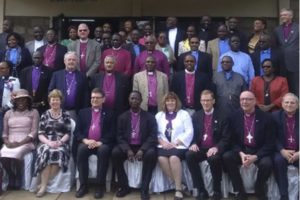
The eighth annual meeting of Bishops from Canada and Africa has just taken place in Kenya, with the Bishop of Niagara, Michael Bird, suggesting the yearly encounter could act as a model for reconciliation across the Anglican Communion.
The meetings were initiated after the 2008 Lambeth Conference, amid divisions over issues of same sex unions and larger questions of Scriptural interpretation. Interested African dioceses started theological correspondence with Canadian counterparts, first on human sexuality and then mission.
A fluid group of Bishops from Canada, the US and various African countries have now met in Cape Town, Accra, Dar Es Salaam, Toronto, Coventry and Virginia in the United States. Together they seek to build common understanding and respect among parts of the Communion that have been in conflict.
Bishop Michael: “We focus on reconciliation and mission and what we agreed this time around, was to produce a testimony for Lambeth 2020. We feel what we have been doing for eight years shows a way forward for the Communion and we hope the next Lambeth conference will help to generate more of these face to face conversations.”
Bishop Michael described the first meeting as somewhat guarded but within a day or so all the participants felt they were doing the right thing – guided by the Holy Spirit. Strong bonds have also been formed, he said: “I have developed a wonderful friendship with the Bishop in Ghana: he came to Canada and my wife and I went to visit his diocese. The wider Anglican Communion could learn a lot from the way, as a group, we have come together. There is so much misinformation on the internet, there really is no substitute for encountering someone face to face with an openness to the other, that allows us to listen and to come to understand the context in which others are ministering.”
Like this:
Like Loading...
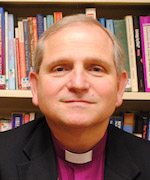 Niagara’s (ex-Niagara now) Michael Bird does it:
Niagara’s (ex-Niagara now) Michael Bird does it: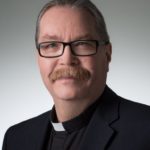 So does the Diocese of Huron’s Keith Nethery:
So does the Diocese of Huron’s Keith Nethery:

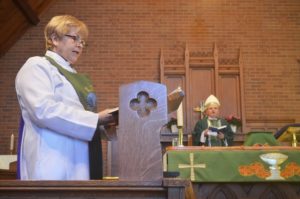 From
From 

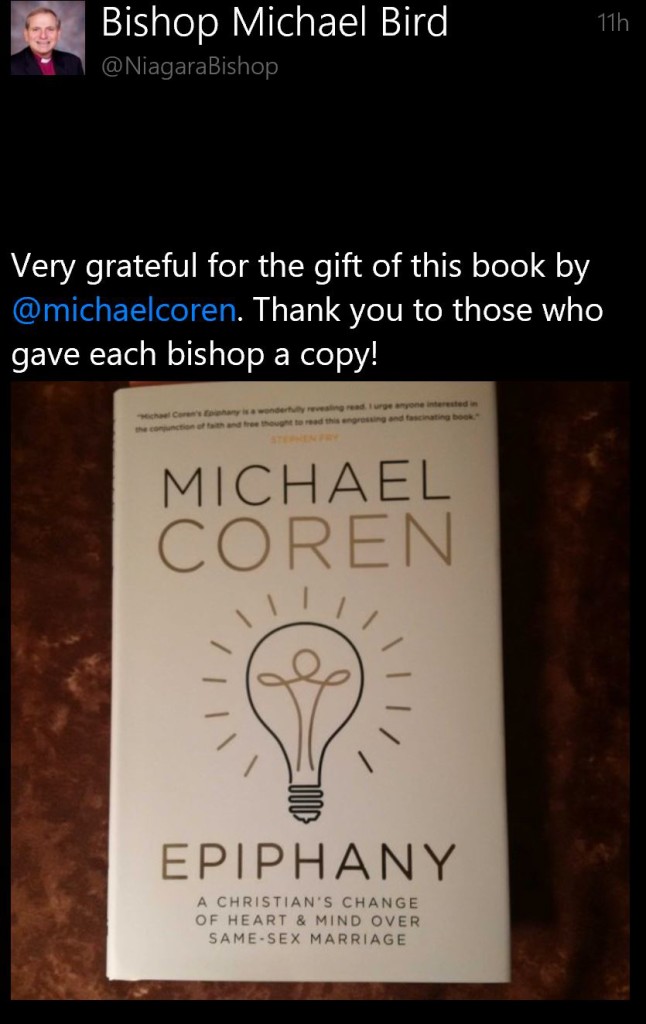

 Interestingly, the reasons are not purely theological. Bird told me some bishops reject same-sex marriage on a Biblical basis while others, including himself, interpret scripture differently.
Interestingly, the reasons are not purely theological. Bird told me some bishops reject same-sex marriage on a Biblical basis while others, including himself, interpret scripture differently.